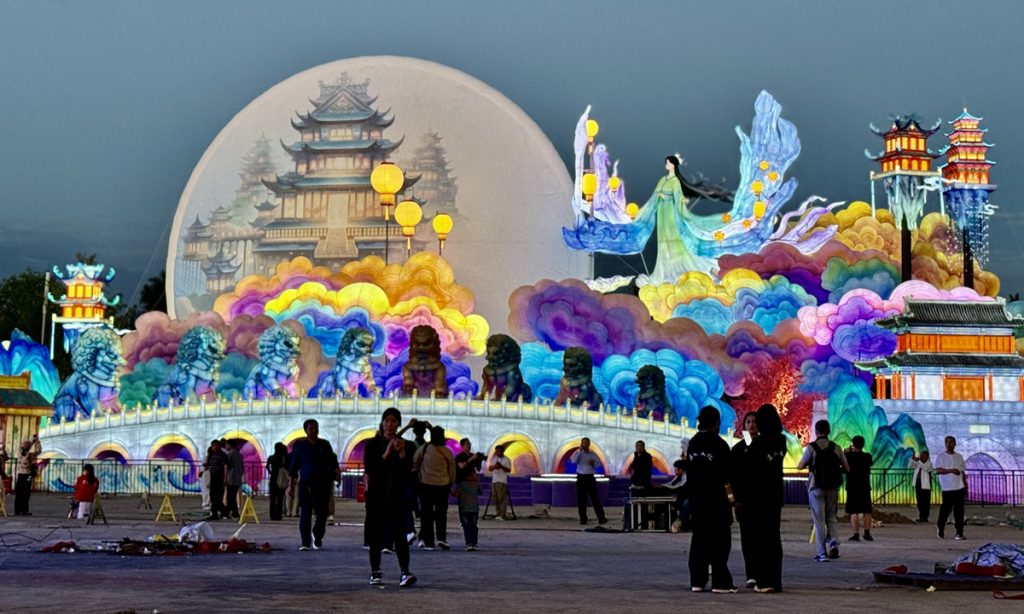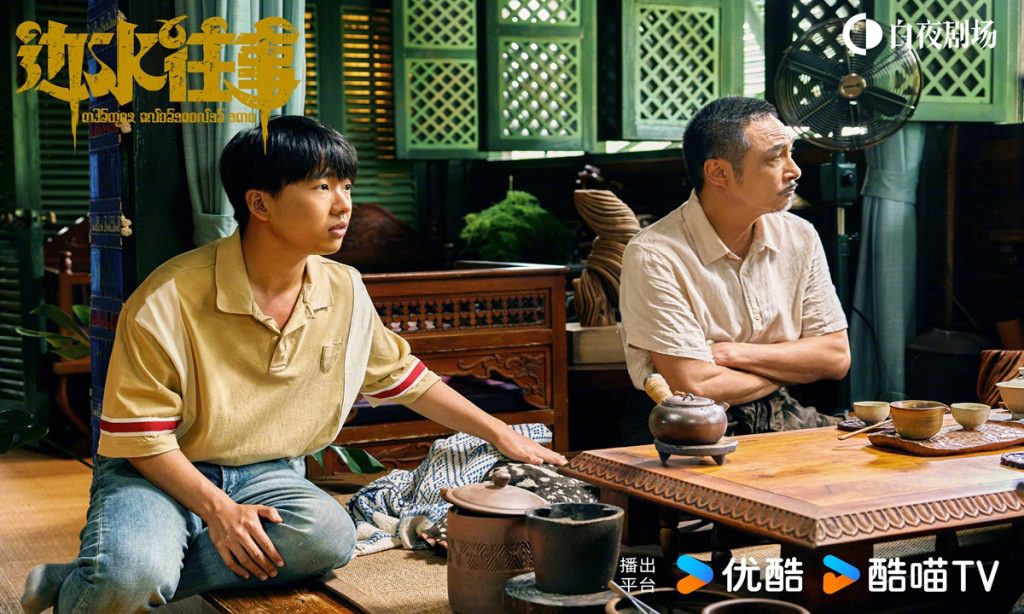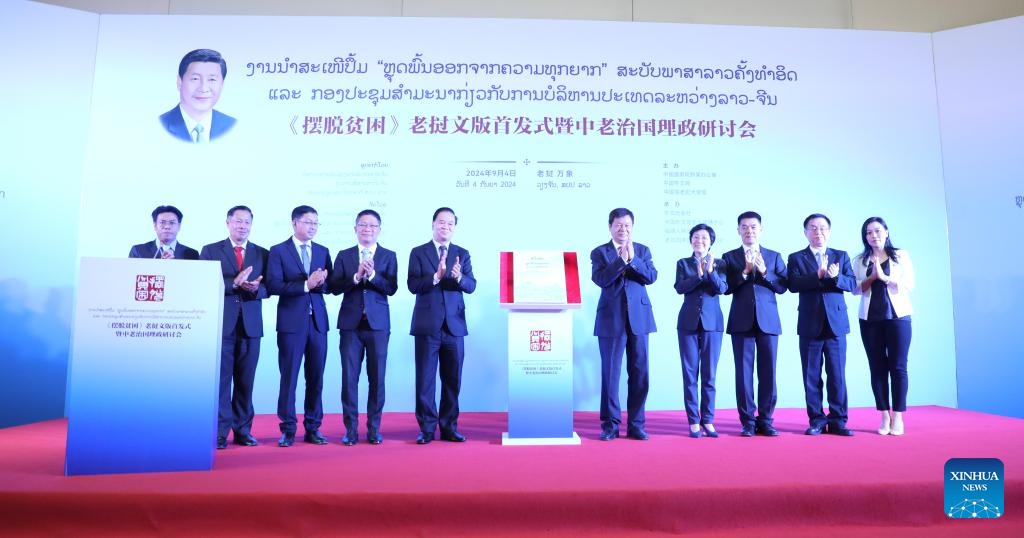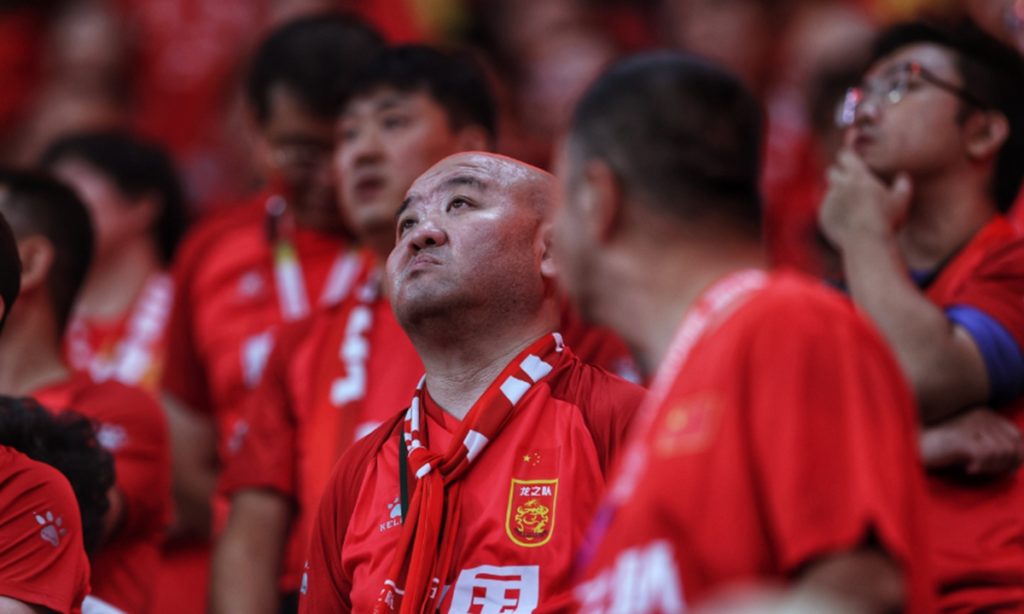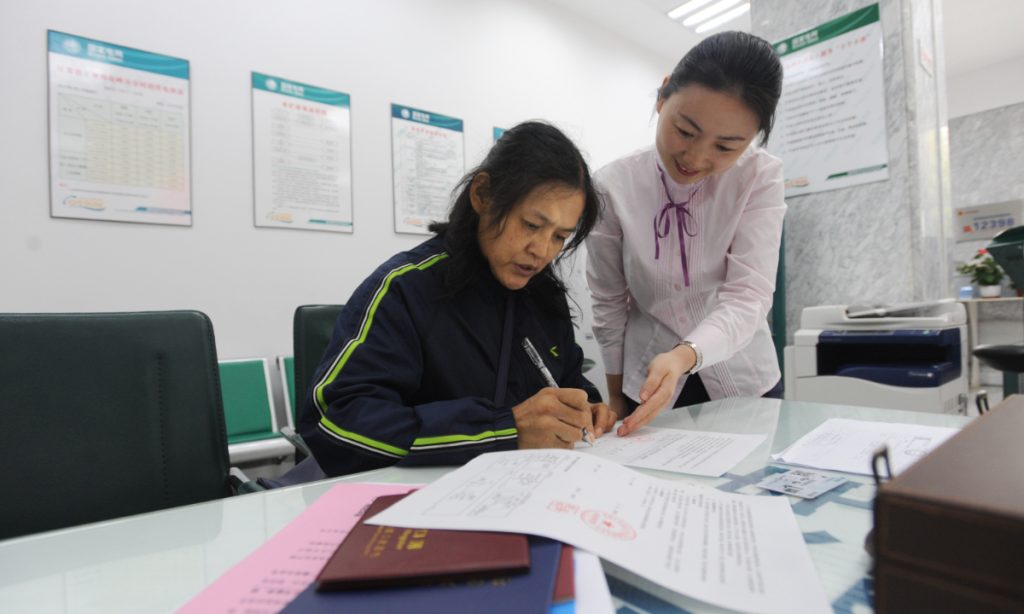Global commemorations kick off in Paris to mark ancient Chinese mathematical master Liu Hui
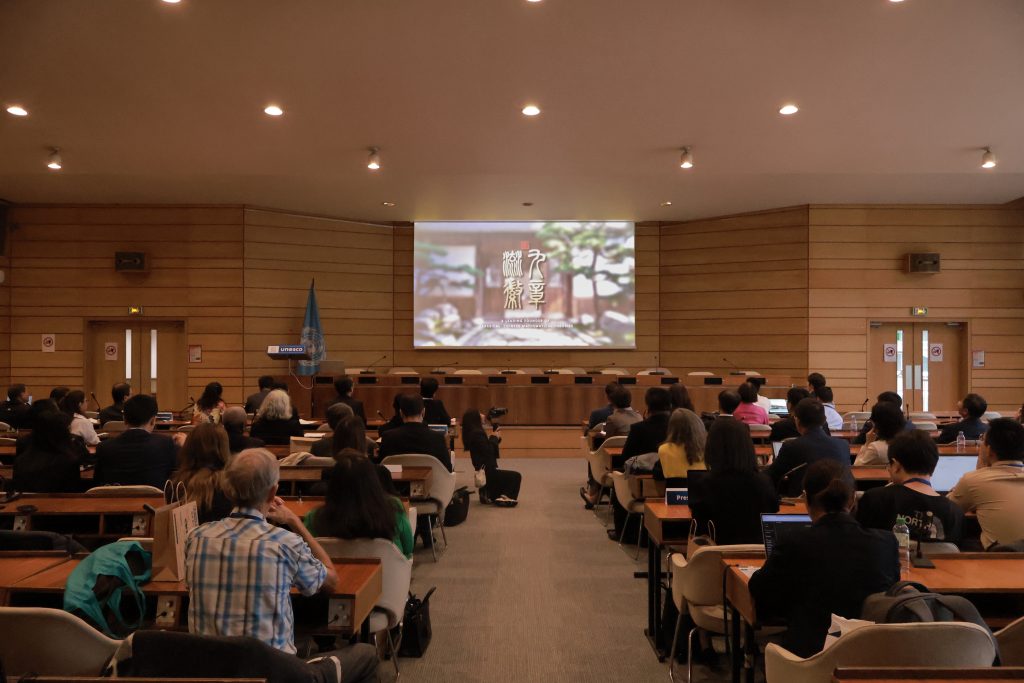
In honor of Liu Hui, a prominent figure in ancient Chinese mathematics, a series of global activities kicked off on Tuesday local time in Paris, marking the beginning of a year-long commemoration of Liu, whose contributions had a profound influence on ancient Chinese mathematics, and continue to inspire today’s scientific progress and civilization exchanges.
The commemorations were co-hosted by the China Association for Science and Technology (CAST), and the Chinese National Commission for UNESCO (The United Nations Educational, Scientific, and Cultural Organization).
The series of events are expected to show the world the remarkable scientific achievements, exceptional ideas, and significant contributions to human civilization made by ancient Chinese scholars like Liu, said He Junke, executive president of the CAST, in a speech he delivered at a launch ceremony of the commemoration on Tuesday, at the headquarters of UNESCO in Paris.
In November 2023, UNESCO held the 42nd session of the General Conference and approved the proposal made by the CAST to celebrate the anniversary of Liu’s birth. It was reportedly the first time China had successfully applied for a birthday anniversary event for a scientist at UNESCO.
This celebration was not only a tribute to Liu’s legacy, but a reminder of the immense value of mathematical sciences in shaping our future, said Lidia Arthur Brito, UNESCO Assistant Director-General for Natural Sciences, in a speech she delivered at the launch ceremony.
“This memorial is a tribute to his lasting impact - a recognition that mathematics, as Liu Hui demonstrated, is not just a theoretical pursuit, but also a vital tool for solving practical problems and advancing societies,” Brito remarked.
Living in the 3rd century, Liu was one of the founders of classical Chinese mathematical theory. He made great contributions to the history of Chinese mathematics and also gained an important position in the history of mathematics globally.
Liu’s commentary in the Nine Chapters on the Mathematical Art had a great influence on a large number of mathematicians and mathematical works in later generations.
Liu also made many great mathematical creations. He created the theory of lü (ratio) about quantitative relationships, first proposed the concept of decimal fractions, and was the first to introduce the idea of limit and infinite division methods into mathematical proofs. He established a unique mathematical theory of measurement (surveying).
Liu had a direct impact on mathematics in ancient China and the entire East Asia, and indirectly influenced other regions as well, said Zou Dahai, a research fellow at the Institute for History of Natural Sciences, Chinese Academy of Sciences (CAS), in a speech he delivered online at Tuesday’s launch ceremony as an expert representative.
“As a representative of outstanding ancient Chinese scientists, Liu is not only a figure of China but also of the world,” Zou told the Global Times.
Following the launch ceremony, an international symposium on Liu’s academic thought was held at the headquarters of UNESCO on Tuesday afternoon, where global experts in the history of science and technology and the history of mathematics, gave multi-dimensional interpretations of and held discussions about Liu’s academic contributions and scientific heritage, as well as their modern value.
Furthermore, they delved into the global dissemination of Liu’s mathematical ideas, and proposed suggestions for the further promotion of China’s classical mathematical heritage.
Andrea Bréard, a professor and the vice president of the University of Erlangen-Nuremberg, gave a keynote speech at the symposium titled “Incognito: The Secret Lives of Liu Hui in the 19th Century.” She mentioned that the name of Liu Hui is rarely seen in late imperial Chinese mathematical sources, but it doesn’t imply that Liu had little influence on mathematical practices in the 19th century and beyond.
Instead, it is possible to uncover the lasting influence of Liu’s thought and writings in the context of a rapidly changing scientific landscape, at a time when China became globally more entangled, Bréard noted.
Zhou Xiaohan, an associate research fellow at the Institute for History of Natural Sciences, CAS, shared his thoughts on the multi-language translations of some terms and arguments in Liu’s commentary on Nine Chapters on the Mathematical Art in his keynote speech at the symposium.
“Liu’s achievements are not only a treasure to China, but also a great legacy of human thought for the world,” Zhou told the Global Times. “His mathematical achievements reflect the diversity of mathematical thought and practice, which requires the free and deep cooperation of scholars around the world to reveal and interpret.”
As another highlight of the commemoration, a themed exhibition featuring Liu’s achievements in mathematics kicked off at Réfectoire des Cordeliers in Paris on Monday, so as to showcase Liu’s mathematical achievements, and to deepen the civilization exchanges and mutual understanding between China and the world, says the exhibition’s foreword.
Yang Xinyu, the Chinese Ambassador and permanent delegate to UNESCO, said in the speech she delivered at the launch ceremony that the International Astronomical Union named a new feature on the moon “Liu Hui” in 2021, in honor of Liu’s accomplishments.
“Today, whenever we look at the moon from afar, we would think of Liu Hui, think of his groundbreaking work, as well as his scientific spirit,” Yang said. “Spirit that is marked by rigorousness, innovation, dedication, and open-mindedness. Spirit that is highly consistent with the general trend of international scientific cooperation.”
